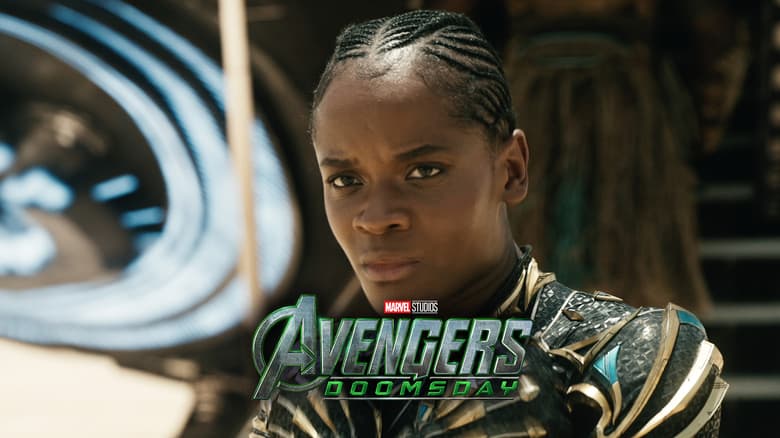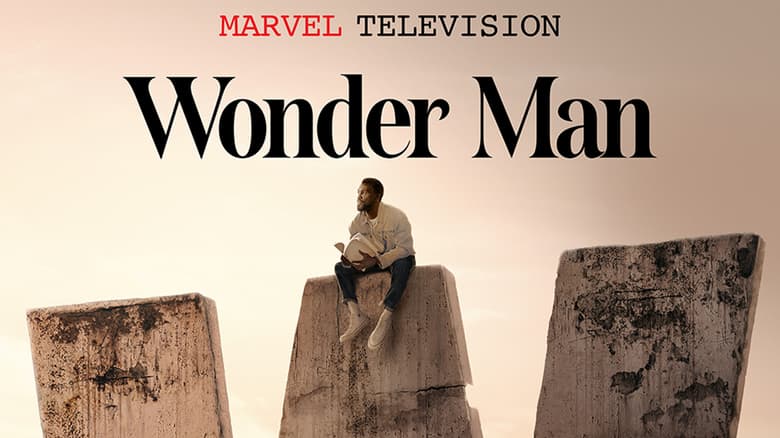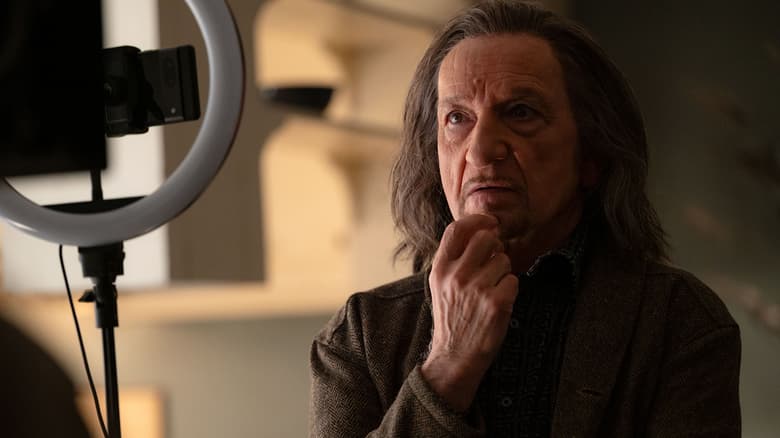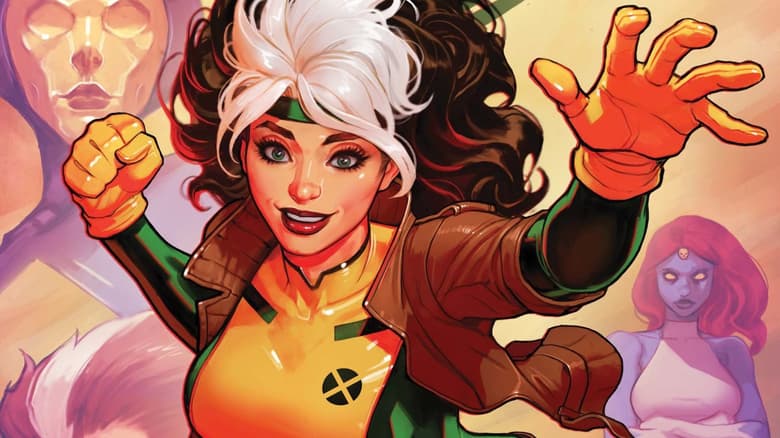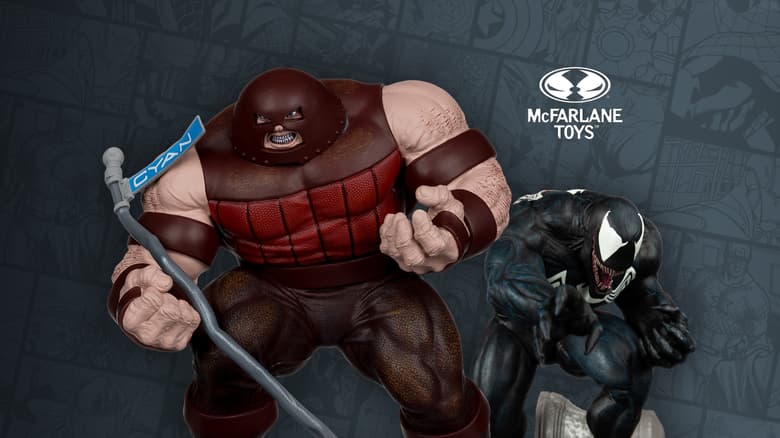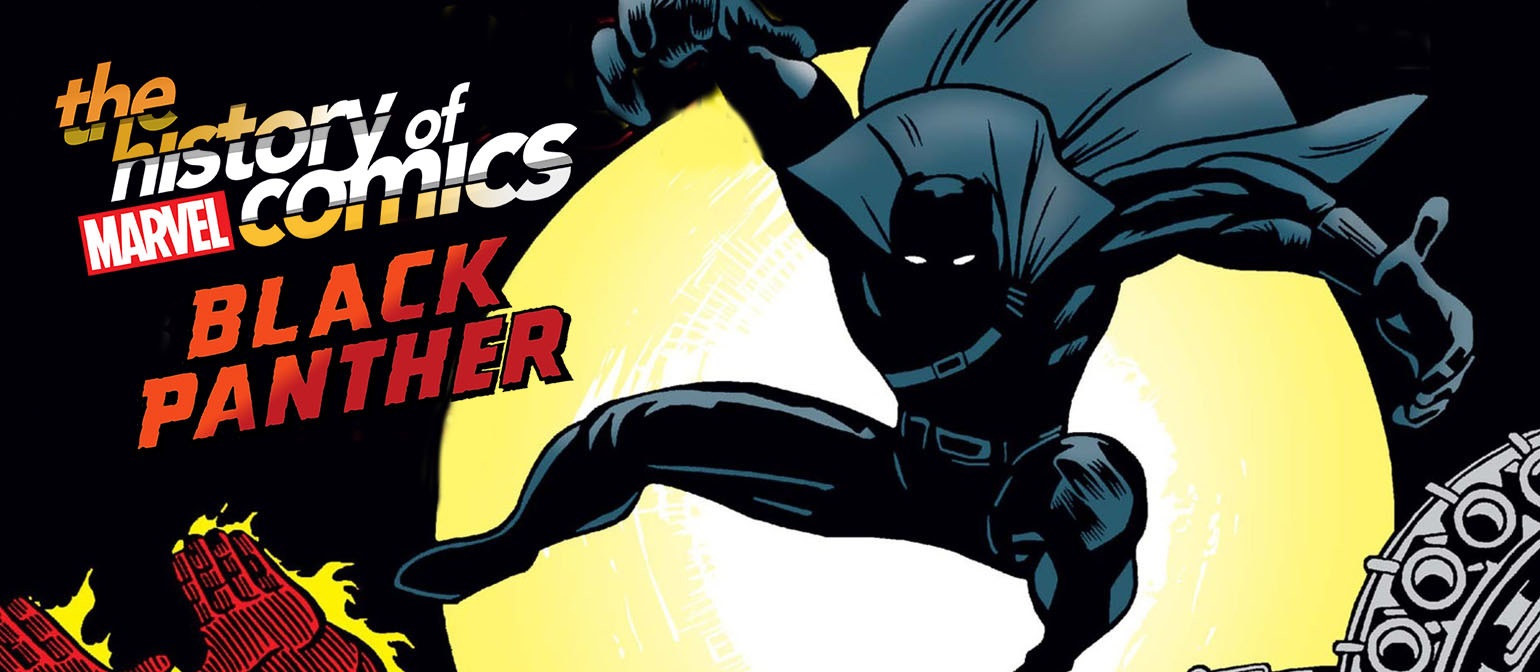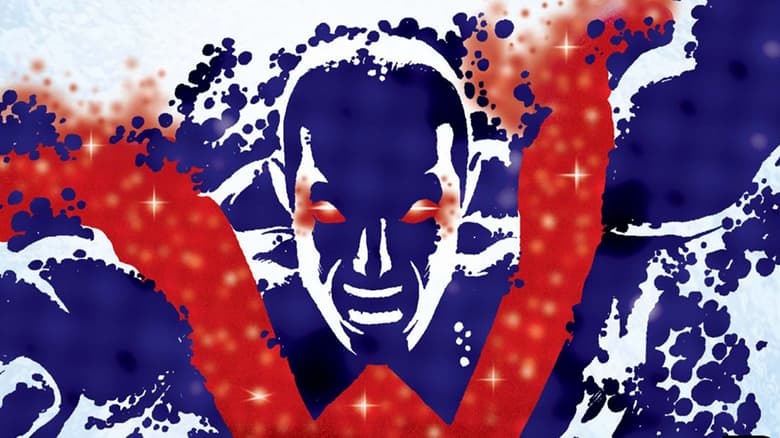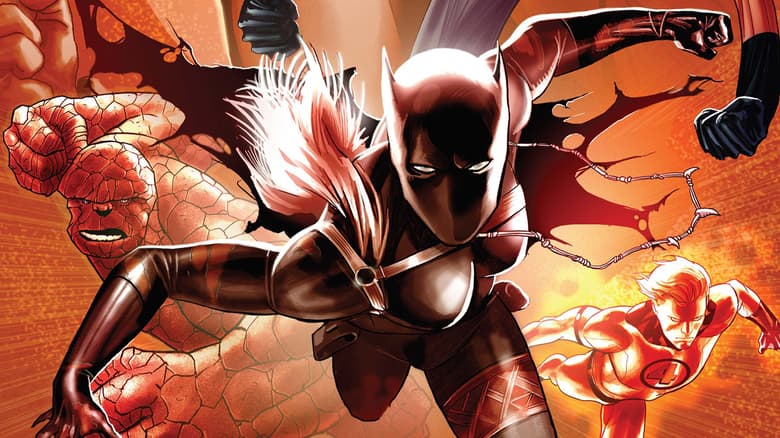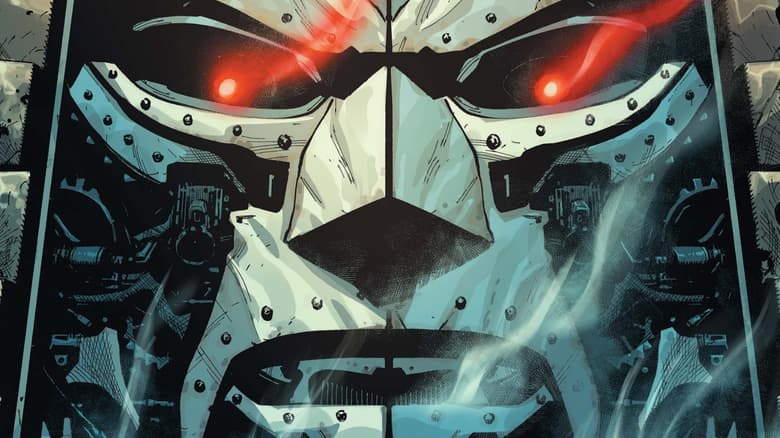Tune Into the First Episode of ‘The History of Marvel Comics: Black Panther’ Podcast
Revisit the Black Panther’s Fantastic Four origins and earliest stint as an Avenger with host Nic Stone, and guests Roy Thomas, John Jennings, Ben Saunders, and Stephanie Williams.
In the first episode of podcast series The History of Marvel Comics: Black Panther, go back to the very beginning of the history-making Super Hero!
This six episode documentary podcast is hosted by New York Times best-selling author Nic Stone, who explores the comic book origins of the Black Panther through conversations with the creators who shaped T’Challa’s journey, celebrates the innately Afro-Futuristic world of Wakanda, while analyzing the larger social impact of the character. Both new and lifelong fans will get a behind-the-scenes look in a definitive tell-all of the incredible journey of T’Challa, how he came to be Black Panther, and how he and the world of Wakanda have evolved since.
Listen to the first episode now featuring legendary Avengers creator Roy Thomas, comics historian Ben Saunders, comic book creator and scholar John Jennings, and comics creator and commentator Stephanie Williams.
Grab our top highlights below, and read the companion comics discussed in the first episode on Marvel Unlimited!
ON THE CREATION OF THE FIRST AFRICAN SUPER HERO:
Nic Stone: Let's take a trip back to 1965, a year before the Black Panther's debut. So in 1965, the Black Panther wasn't the Black Panther. He was the “Coal Tiger.”
Ben Saunders: So the “Coal Tiger” was the original name that Stan Lee and Jack Kirby came up with for his first African Super Hero, the character that would be introduced in the pages of [FANTASTIC FOUR #52] as the first Black Super Hero in the Marvel Universe. And I think what you see in the “Coal Tiger” conception is the idea sort of halfway to completion. They haven't actually figured out how to flip the script as dramatically as they ultimately ended up doing. And of course, in the end, the way that they did that was by creating Wakanda as this mythologized technologically advanced separatist African nation which could be imagined as somehow reversing every cliche about Africa that they had seen in [genre trope series] jungle adventure stories.
Nic Stone: And luckily for all of us, they reversed the name as well, because Black Panther has a way better ring to it than “Coal Tiger.” At the same time though, there was a lot going on in 1965 that may have inspired Stan and Jack to make such a radical new world...
ON THE SOCIAL BACKDROP BEHIND BLACK PANTHER:
John Jennings: There's a lot of social unrest on various fronts [in 1965], as far as like women's liberation, and civil rights issues, and all of the things. And of course, the Vietnam War is looming. And of course, America has never really been good at dealing—and I'm just being really kind about it—has never been really good about dealing with these issues around race, and about representation, and about equity in those areas.
Ben Saunders: The assumption about the readership was that this is for the emotionally immature, straight white male. But I think we should nevertheless be very cautious about going along with this widespread image of the audience in the industry, even though it was the industry's own perception of itself in some ways. I think it's really important to remember that, even if other kinds of fan have been historically rendered invisible, they were, of course, there. There has always been female fans, queer fans, and fans of color.
Nic Stone: And Black Panther's white fathers, Stan Lee and Jack Kirby, they knew that. But they also knew they needed to warm up the assumed straight white male audience first. So Marvel starts including racial diversity in background characters. Now I know that sounds small, but these are the breadcrumbs that would eventually lead to Black panther's debut.
Ben Saunders: So the Panther is created—I don't think there's any question about this—in response to shifting cultural awareness around ideas of race both within the United States and internationally.
ON T’CHALLA’S PIVOTAL FIRST APPEARANCE:
John Jennings: His creation, his presence had to be like really, really substantial, because he's introduced in FANTASTIC FOUR #52 and issue #53 on 1966 before the Black Panther Party starts calling itself that so you have these like really, really tripped out connections there.
Nic Stone: To be clear, there's no deliberate connection between Marvel's Black Panther and the Black Panther Party. But it's safe to say that comics' first Black Super Hero made just as much of a splash. Jack Kirby had a knack for making static images really dynamic. And the Black Panther was no different.
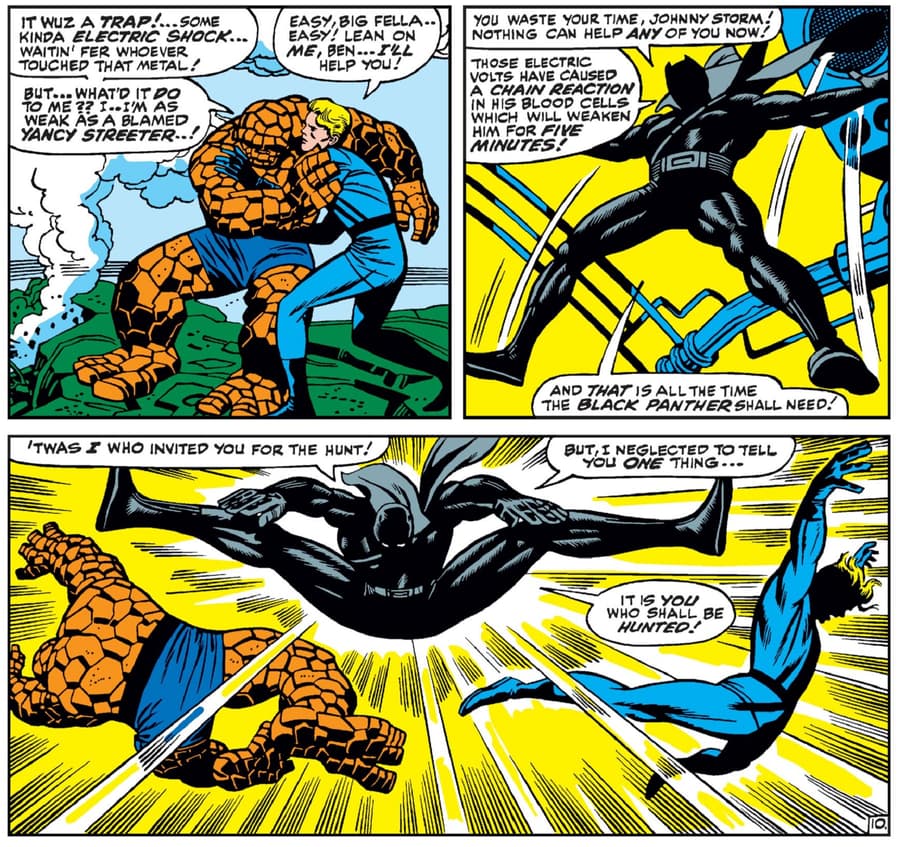
John Jennings: The other thing is that the costume that he wears isn't a costume at all. It's ceremonial garb that is worn by the protector of Wakanda. He's almost like a shadow. You know, he's all in black. You know, not to be too political about it, but Blackness was created to be the shadow of whiteness. Right. And so he is that but he has agency.
ON BLACK PANTHER JOINING THE AVENGERS:
Roy Thomas: I can't remember whether it was Stan [Lee’s] suggestion or mine, but probably his, to bring the Black Panther into the [Avengers]. You know, I was very happy to do that because I saw him as a character that would add something in several different levels even if he wasn't a solo star like Iron Man and Thor were.
Nic Stone: So Roy took that opportunity to raise the stakes in America. After joining the Avengers, T'Challa is made aware of issues outside of Wakanda, things like systemic racism, extremism, fear mongering, poverty. And Roy was part of that awakening.
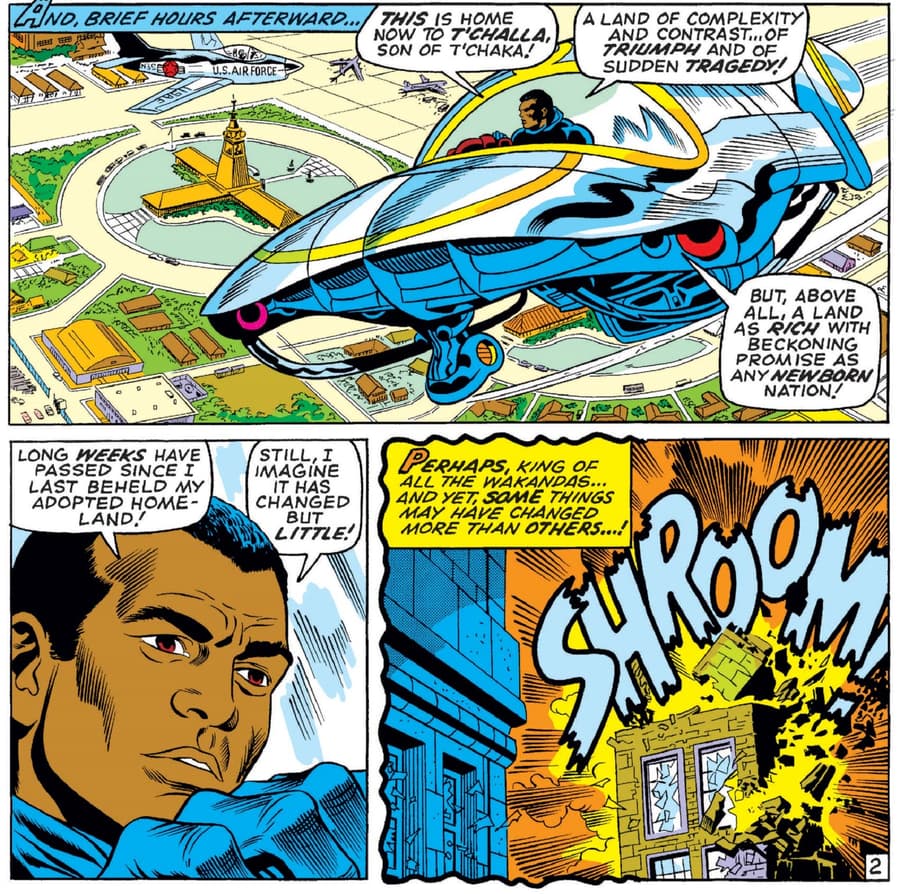
Stephanie Williams: What does that say that you have not realized the difference in the way that Black people are treated in this particular country that you're in, because you know that the only reason why your people are safe is because they are secluded and Wakanda doesn't technically exist anywhere so the only threats that they really have is of folks that know of the existence because they're trying to get Vibranium or whatever. But that's not happening every single day. But for Black Americans, they're dealing with someone trying to either harm them or these systems that aren't physically there but still exist. And there's different things that even you, as the Black Panther, will not be able to solve.
Nic Stone: And to be clear, dismantling racism isn't even on his radar. But it will be soon, very soon.
The History of Marvel Comics: Black Panther brings writers, artists, and historians together to share a story that only Marvel can tell. The show features exclusive interviews with notable talent including Brian Stelfreeze, Christopher Priest, Don McGregor, Joe Quesada, John Ridley, John Romita Jr., Reginald Hudlin, Ta-Nehisi Coates, and more.
The series will initially be available exclusively on the SXM App and Marvel Podcasts Unlimited on Apple Podcasts. Episodes will be widely available one week later on Pandora, Stitcher, and all major podcast platforms in the U.S. Learn more at siriusxm.com/blackpanther.
The Daily Bugle
Can’t-miss news and updates from across the Marvel Universe!
